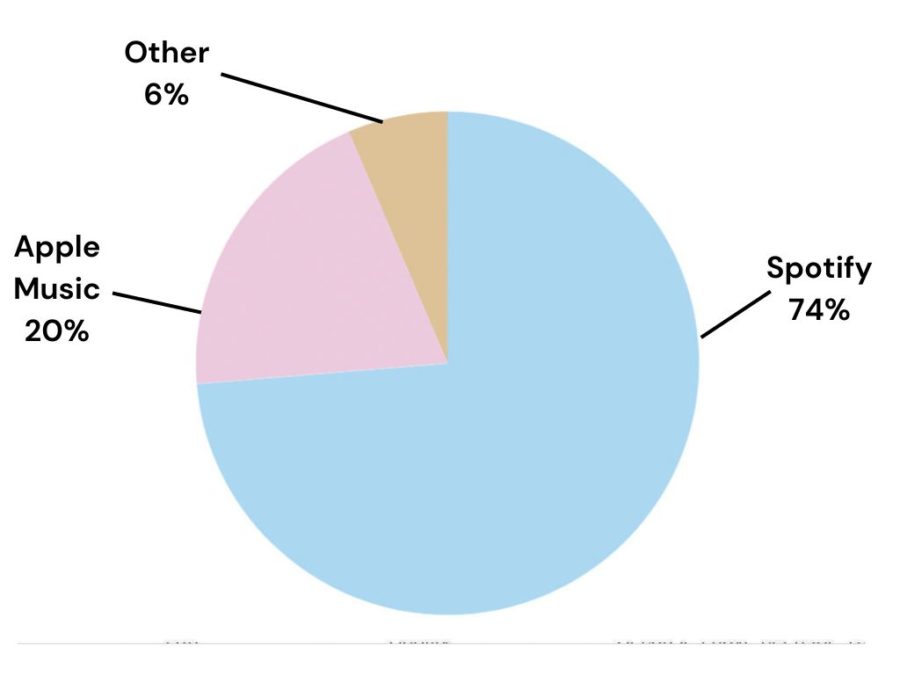Grimy little toddler fingers swipe deftly across the screen, beating each level of Angry Birds with ease. Parked in front of a television, Curious George lights up little eyes, but dulls mental stimulation.
In an age where 20% of children ages 3 to 8 own their own iPod touch, 24% have their own iPad and 8% have their own iPhone, are kids of the 21st century being exposed to too much technology, too soon?
Molly Mahoney ’15 believes this question could be true and comments on her seven-year-old sisters cyber activity, “Norah uses technology all the time. And she’s a very social person, but when she is using technology, she is definitely less social.”
Norah is not the only kid that crawls into a turtle shell in the face of technology; according to EducationNews, social skills can only be learned when children are face-to-face and engaged in the conversation. Thus, if children are always immersed in some sort of technological device, they will not be learning basic social skills that previous generations learned as children.
Though it may be true that the use of technology at a young age can affect children’s social skills negatively, it also carries some beneficial aspects. For example, Freshman Annie Lyman ‘16 reports about the benefits that her younger sister Cynthia experiences from using technology, “When Cynthia goes on the computer, she only plays educational games. And she really likes them too!”
Kjirsten Ree ‘13 also comments on the great aspects of technology that her brother AJ, 7, enjoys. “He really likes to play math computer games and I think that helps contribute to the fact that he does really well in math at school.” In fact, according to study published on verdick.org, children who use the Internet show improvements in cognitive abilities like memory, logical problem solving, critical thinking, concentration, and comprehension.
Although there are many undeniable benefits from the use of technology for people of all ages, the excessive use of it that surrounds youth today is capable of causing negative affects such as, lack of social skills and real-life problem solving. Society must develop a sense of cautiousness in order to avoid youth becoming reliant on technology.







